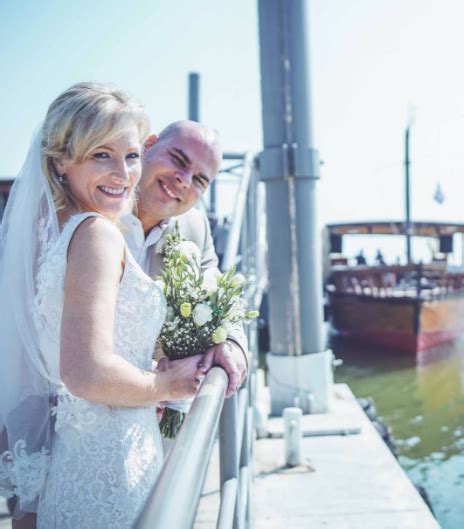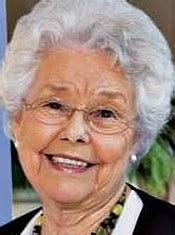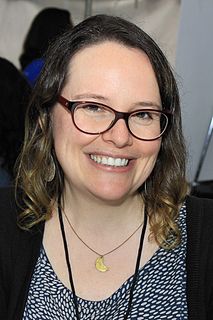Цитата Лори Грэм
У меня есть идея для истории, и если идея сработает, то вперед выходит один из персонажей, и я слышу ее голос, рассказывающий историю. Это то, что произошло со всеми книгами, которые я написал от первого лица.
Связанные цитаты
Когда у меня впервые появилась первоначальная идея для «Heartsease», я просто написал рассказ-основу; то есть я начал ее как эту молодую, умную 16-летнюю девушку, а затем добавил события, которые произошли и где она и другие персонажи вписались, даже написал 3 разных концовки, так как я не был уверен, к чему приведет история Мэри. .
Вы должны сделать три вещи действительно хорошо, чтобы сделать успешный фильм. Вы должны рассказать захватывающую историю, которая имеет непредсказуемую историю, которая держит людей в напряжении, когда они не могут дождаться, чтобы увидеть, что произойдет дальше. Затем вы наполняете эту историю действительно запоминающимися и привлекательными персонажами. А затем вы помещаете эту историю и этих персонажей в правдоподобный мир, не реалистичный, но правдоподобный для истории, которую вы рассказываете.
Вот правда о том, как рассказывать истории из своей жизни. Это будет звучать как отличная идея, и вы будете в восторге от нее, а затем, когда придет время делать работу, вы не захотите ее делать. Так и с написанием книг, так и с жизнью. Людям нравится проживать великие истории, но мало кто любит работу, которая требуется для их воплощения. Но радость стоит боли.
Идея о том, что история должна быть «исключительной», чтобы ее стоило рассказать, мне любопытна. Что, если мы посмотрим на историю каждого отдельного человека как на место, возможно, имеющее бесконечное значение? Что, если бы мы пришли к выводу, что в мыслях о том, что вашей историей стоит поделиться, нет высокомерия или нарциссизма — только чувство любопытства и предложение?
В художественной литературе рассказчик — это игра голоса, и это может быть любой стиль голоса, но меня интересует то, как голос, который знает, что рассказывает историю, на самом деле рассказывает другую историю, чем намеревался. В том смысле, что я могу сидеть здесь и рассказывать вам, что я ел на завтрак, но на самом деле я говорю вам, что у меня роман, что-то в этом роде. И я не думаю, что мой текст прост, но я думаю, что многие мои персонажи просто разговаривают. В этом есть уязвимость, потому что мы можем начать видеть их насквозь, мы можем начать видеть, где они обманывают себя.
































